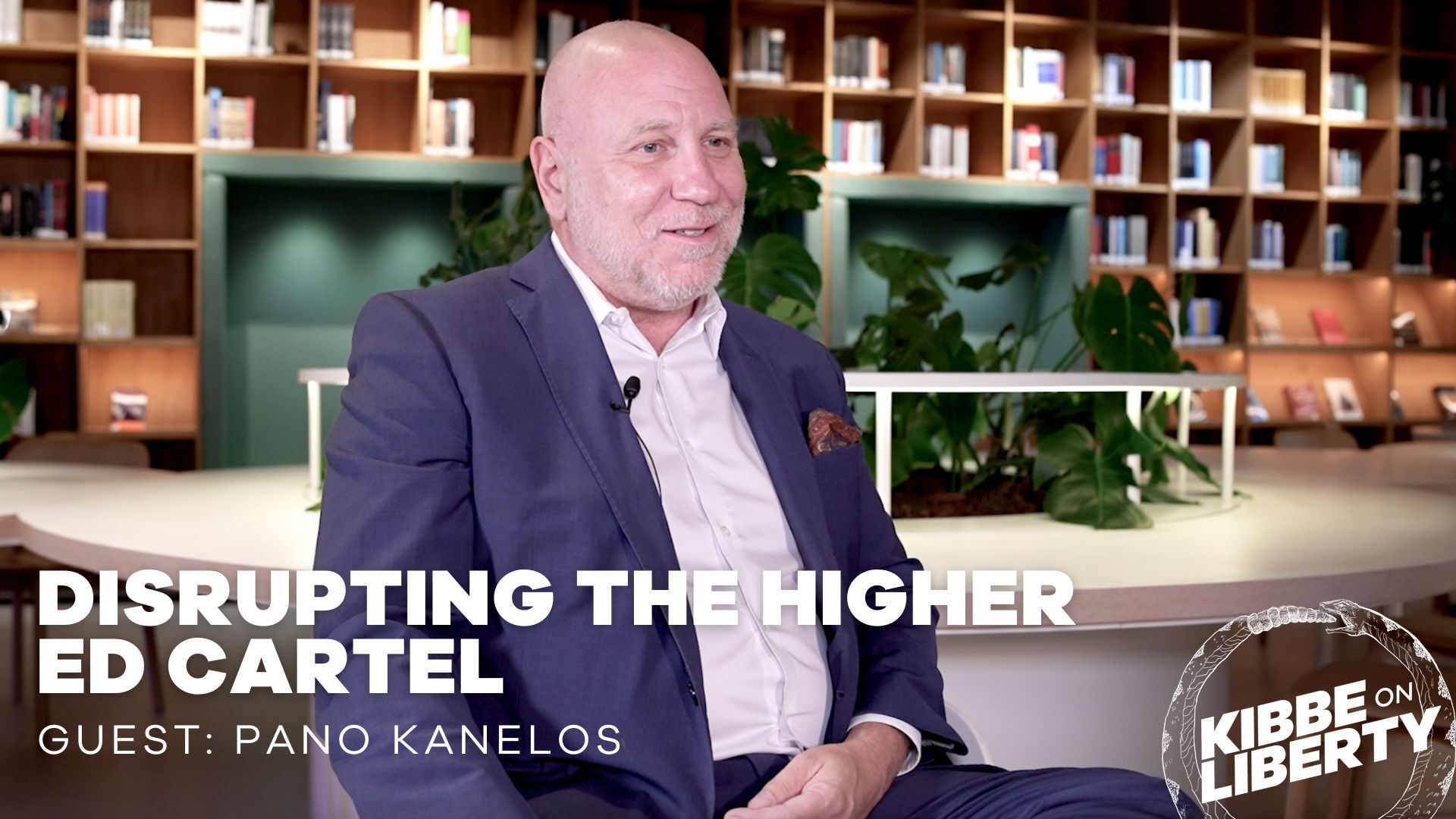
If Only Grocery Stores Were Run Like Public Education!
I want you to imagine the following…
The federal government has determined that the private sector is incapable of providing citizens with the basic food staples necessary to foster proper health, and has just signed the “Hunger Relief and Grocery Store Consolidation Act.” Under this legislation designed to alleviate hunger, the government has now nationalized the grocery store industry.
First—the federal, state and local authorities are now responsible for managing all grocery stores throughout the country, based on a taxpayer supported system which all citizens are compelled to contribute to regardless of whether or not you shop at your assigned grocery store. From that point on you will be assigned a government grocery store based off your address. Oh, and you will no longer “shop” for groceries per se; you will be provided a collection of groceries based off the caloric index which has been established by Congress.
If there are certain items you would like to see in your grocery bag which are not currently provided, you can lobby your representatives. Adding items will be analyzed by the (theoretical) “Committee for a Healthy Citizenry” which will determine whether the desired item meets the health standards established by Congress. Anyone who does not register with the grocery store must either show an alternative source of nourishment or potentially face civil and criminal penalties.
Does anyone think this is a system that will perform well?
I’m willing to bet that very few people would prefer such a pervasive intrusion by the government into something as personal as your grocery bag. I mean after all, hasn’t the plethora of readily available and highly convenient grocery stores demonstrated that the private sector is more than capable of handling this issue? No need for a complete government takeover, correct?
Probably not, so if you think I am being overly dramatic, then I invite you to analyze some facts about how the government currently manages our schools.
The vast majority of the schools in this country are managed by state and local governments with the federal government mandating certain requirements in order to be eligible for federal funding. You are compelled to pay taxes towards these schools whether you use their services or not.
You are assigned a government school based off your address, meaning you’re essentially locked into a relationship you have no real say in. Speaking of which, you also don’t have a great deal of say over your curriculum. This is largely decided for you by the government through boards, commissions, and representatives themselves. If you want a class or curriculum change, get ready for a multiyear, incredibly time consuming and expensive legislative battle, as citizens, administrators, teachers, parents, students, and lobbyists all fight over what should be included or excluded from the curriculum YOU are paying for.
More disturbingly, teachers aren’t paid based off their creativity or work ethic, they are all compensated based off of how long they have been employed, regardless of their performance. If you lack the means to provide your children with an alternative form of education after the government has taxed you for their version, then you must have your child attend their school or the government will discipline you under truancy laws.
Despite the evidence, some amongst us see government control of education as the only option. If you had grown up your whole life conditioned to believe that the government grocery store was where you got your food, then no matter how bad or inefficient it was, you would most likely believe that government control is just how these things work. Any politician who promised additional funding for the government system would get the votes and any politician that suggested that greater freedom, say in the form of vouchers to be used at private stores, would instantly be accused of wanting poor people to starve and grocery workers to lose their jobs. It would seem that government monopolization and micromanagement not only produces an inferior result, it also teaches people to expect nothing better.
I wonder how many current politicians would dare approach someone using an EBT card and suggest to them that they lose their right to choose where they shop for groceries in favor of a government run grocery store?
We all acknowledge that education is critical and we want to ensure that every child obtains a quality education that meets their individual needs.
One of the ways we can empower parents and teachers, over politicians and bureaucrats, is by allowing funding to more closely follow the students, instead of being arbitrarily assigned by government officials.
Allowing money to follow the student would create a completely different incentive structure placing greater emphasis on quality and diversity of education, greater ability for adaptation and customization, as well as shifting significantly more power and freedom to teachers in their classrooms. If your child needs more help in math, you could allocate funding for a tutor. If your child excels at music, you could direct funding toward music classes. Maybe your child has a specific learning disability, and you want to ensure that they can attend a school that specifically addresses their needs. Under a “money follows the student” system you don’t have to ask for permission, you can just get them the help they need.
Would there be issues? Of course, no system is perfect, however, if we are serious about helping our kids, we cannot continue to insist on a system that is failing so many of them, when tried and true alternatives exist.
Free the People publishes opinion-based articles from contributing writers. The opinions and ideas expressed do not always reflect the opinions and ideas that Free the People endorses. We believe in free speech, and in providing a platform for open dialogue. Feel free to leave a comment.



